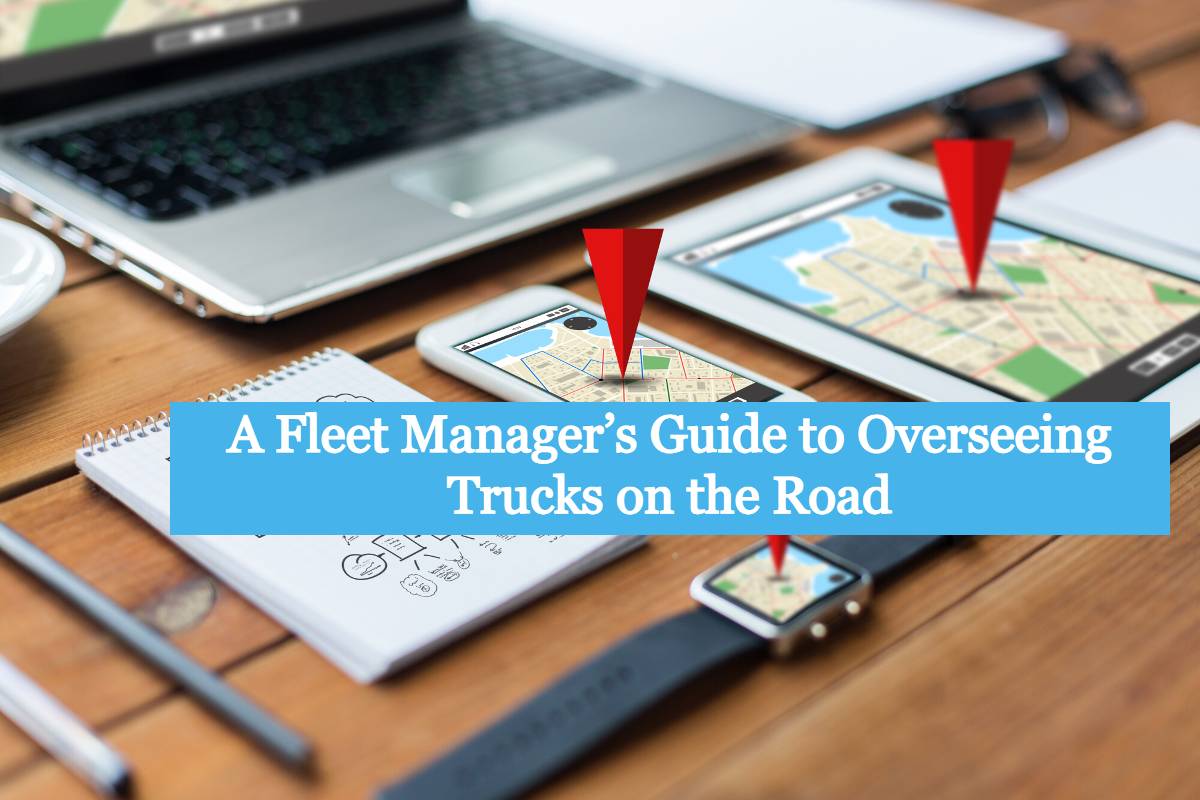You thought you knew everything about your fleet. Then your trucks became some kind of mystery on the road that you can’t solve.
This is the case for many fleet managers. Their understanding of their groups’ travel and routes is lacking.
This can lead to financial damage and legal penalties in the case of inspections. For example, you might be using vehicles and drivers that aren’t suited for travel on the road. You might also be losing money due to fuel theft or drivers being paid without driving.
A lack of oversight from a fleet manager gives thieves enough wiggle room to take advantage of your fleet company. Be sure to always keep an eye on your trucks. Here is how you can better oversee your fleet.
Install an Effective Vehicle Tracking System
An effective vehicle tracking system is essential for fleet managers to oversee trucks on the road. By tracking vehicles, managers can optimize maintenance schedules. Then, plan routes more efficiently, and cut fuel costs.
An effective system should include a GPS tracking device on each vehicle that can be monitored remotely. This device should be able to report real-time locations and generate reports such as fuel usage and speeding violations. For your reference on a device to use, you can check satellite GPS trackers.
The fleet management system should have drug and alcohol testing capabilities and a scorecard that tracks driver performance. Also, a fleet-wide messaging system so managers can easily communicate with drivers on the road. By implementing an effective vehicle tracking system, managers will be able to manage their trucks on the road more efficiently and cost-effectively.
Records and Analyzes Data on Fleets
Managers record and analyze data on fleets in the trucking business. This allows them to determine which drivers and vehicles need more training or repairs. This can also be used to analyze traffic patterns to pinpoint potential hazard zones.
By keeping regular records and reports on fleet operations, managers can maintain better fleet management. This will create an environment of safety and productivity. They can also use analytics data to develop strategies to reduce costs and increase driver satisfaction.
Set Up Maintenance Schedules
Without regular maintenance and inspections, the trucks can quickly become unsafe or need expensive repairs. Regular maintenance should include checking for oil and fluid levels. Also, assessing tire life and air pressure, identifying any need for emergency repairs, brakes, lights, and checking for any leaks.
The fleet manager should document what maintenance has been completed, when, and the mileage associated with it to keep track of when maintenance is to be performed next. Scheduling regular maintenance with a mechanic or onsite garage or bay will ensure that the trucks are kept safe and running in peak condition.
A fleet manager should also set aside funds for emergency repairs in case one of the vehicles requires attention. All drivers should also have roadside help in case of any incidents while on the road.
A Guide to Having a Fleet Manager
A fleet manager who implements these strategies to ensure the smooth running of their trucks on the road will be well on their way to creating an efficient transport network. Listed in this article are some tips for an effective fleet management system.
Start your fleet management journey today and start saving money and improving safety.
For more articles like this, check the rest of our site for more.




